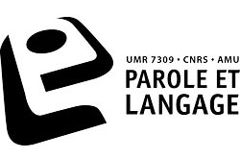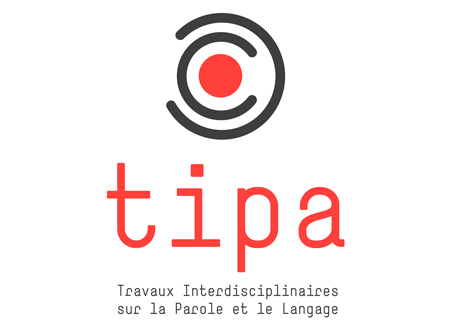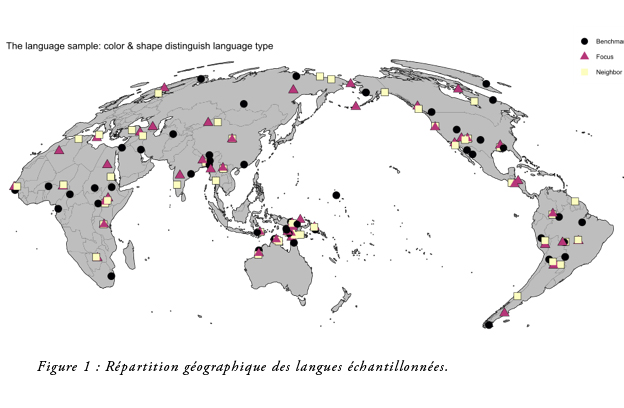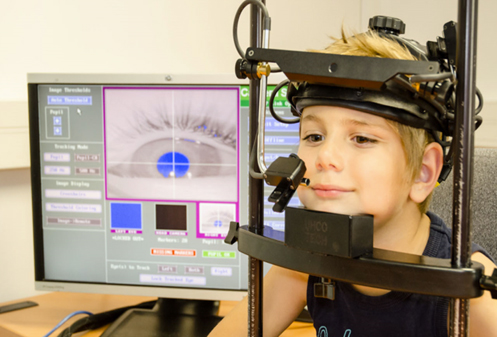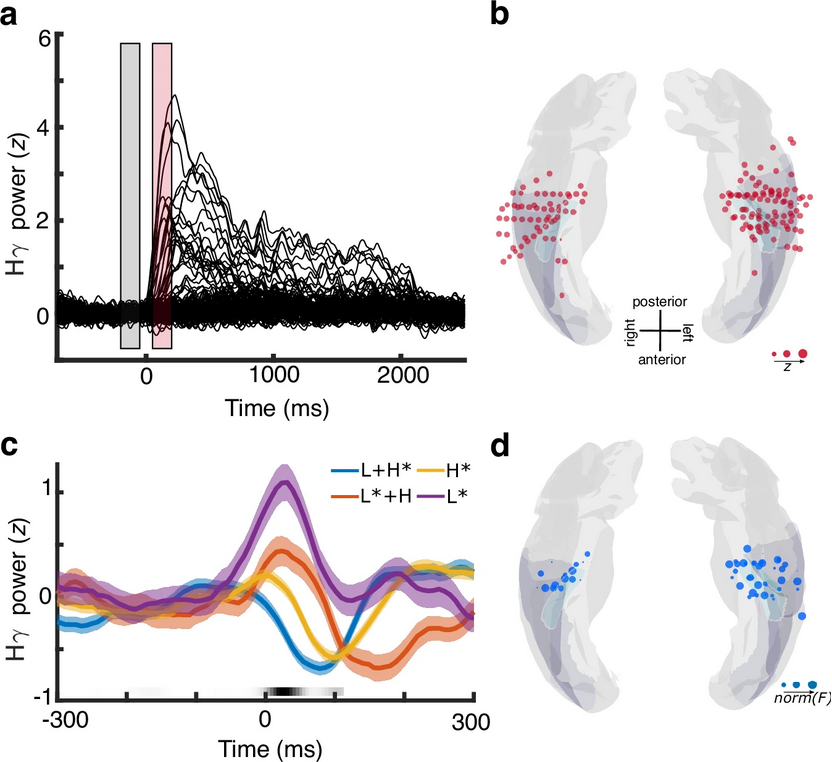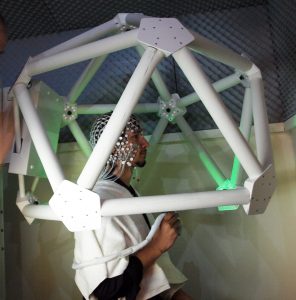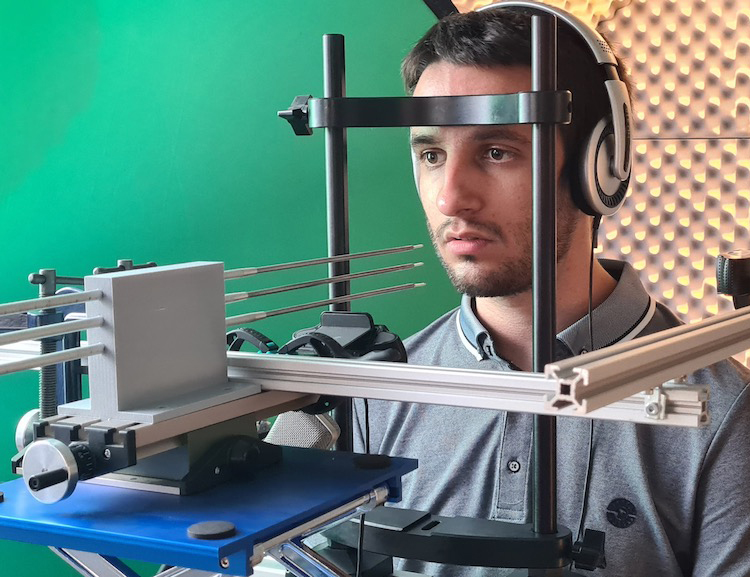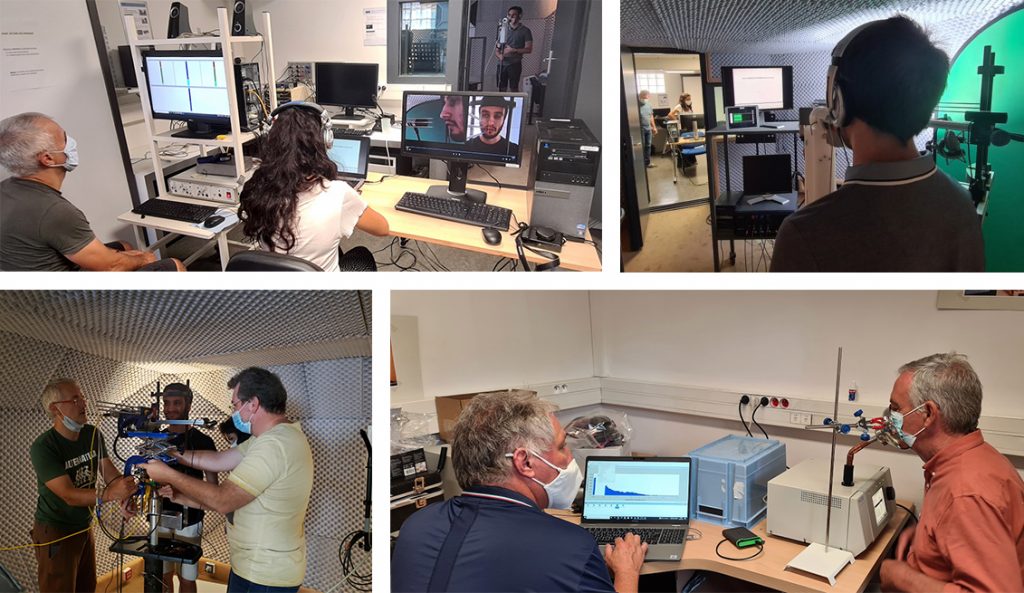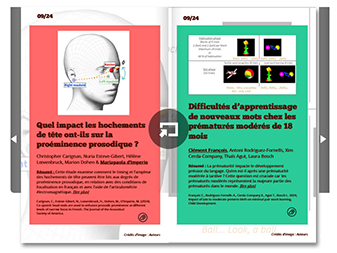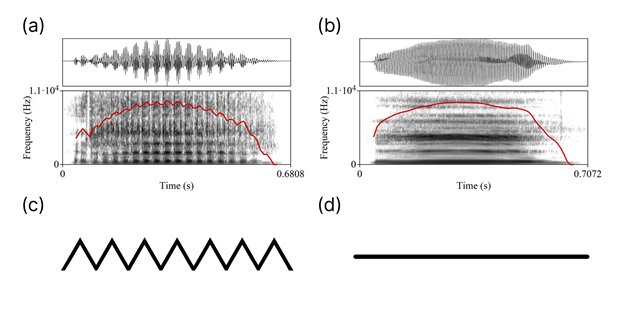We are delighted to announce the official publication of the last issue of TIPA: ‘From the action-oriented approach to the performative approach: what epistemologies and methodologies in modern language teaching research?’
Edited by Sandrine Eschenauer (LPL-amU) and Birgit Schädlich (Georg-August-Universität Göttingen), this rich and multilingual volume follows on from the seminar dedicated to exploring research methodologies in modern foreign language teaching, which was held in Aix-en-Provence on 23 and 24 March 2023. It is available for free on the Open Edition Journals platform.
Abstract:
This special issue of TIPA explores the links between action-oriented and performance-oriented approaches in modern language teaching and learning. While the action-oriented perspective anchors the learner in the task and in language use, performative approaches, by broadening the frameworks of experience and expression, invite us to reconsider the physical, emotional and (inter)subjective engagement of learners. Through the contributions gathered from work carried out in France and Germany, this issue examines the epistemologies and methodologies that can account for complex cognitive processes, which are often situated, sensitive and emerging. It thus highlights the role that performative school and extracurricular activities can play in promoting creativity and supporting the dynamics of modern language learning.
Enjoy reading, and feel free to share widely within your networks!
The editors of issue no. 39 & the editorial team of the TIPA journal
https://journals.openedition.org/tipa/
